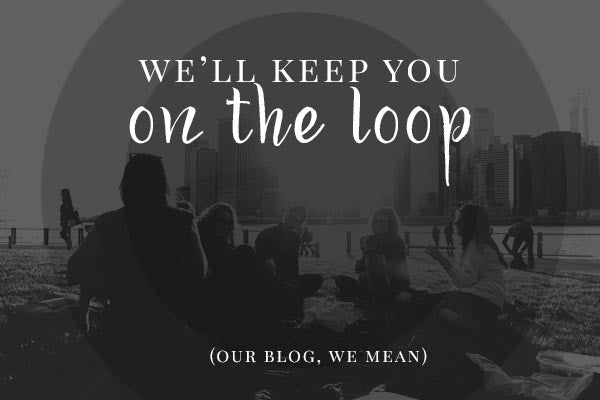About the Book
In this gorgeous, page-turning saga, four generations of a poor Korean immigrant family fight to control their destiny in 20th-century Japan, exiled from a home they never knew."There could only be a few winners, and a lot of losers. And yet we played on, because we had hope that we might be the lucky ones."
Synopsis:
In the early 1900s, teenaged Sunja, the adored daughter of a crippled fisherman, falls for a wealthy stranger at the seashore near her home in Korea. He promises her the world, but when she discovers she is pregnant --- and that her lover is married --- she refuses to be bought. Instead, she accepts an offer of marriage from a gentle, sickly minister passing through on his way to Japan. But her decision to abandon her home, and to reject her son's powerful father, sets off a dramatic saga that will echo down through the generations.
Richly told and profoundly moving, PACHINKO is a story of love, sacrifice, ambition and loyalty. From bustling street markets to the halls of Japan's finest universities to the pachinko parlors of the criminal underworld, Lee's complex and passionate characters --- strong, stubborn women, devoted sisters and sons, fathers shaken by moral crisis --- survive and thrive against the indifferent arc of history.
“This is the kind of book that fights its way in and makes a home deep inside your reading soul. This deep family saga and vast array of characters will be hard to forget"
DISCUSSION QUESTIONS
“History has failed us, but no matter.” How does the opening line reflect the rest of the book --- and do you agree?
01
02
In a way, Sunja’s relationship with Isak progresses in reverse, as her pregnancy by another man brings them together and prompts Isak to propose marriage. How does Lee redefine intimacy and love with these two characters?
“Their eldest brother, Samoel, had been the brave one, the one who would’ve confronted the officers with audacity and grace, but Yoseb knew he was no hero.…Yoseb didn’t see the point of anyone dying for his country or for some greater ideal. He understood survival and family.” What kinds of bravery are shown by different characters, and what motivates this bravery?
03
04
Compare Noa’s biological and adoptive fathers, Hansu and Isak: What qualities does each try to foster in Noa, and why? Whom does Noa most resemble?
What does “home” mean to each of the main characters? Does it ever change? In what ways does a yearning for home color the tone of the novel?
05
06
How do courting and marriage alter from one generation to the next?
Compare the ways in which the women of this novel --- from Sunja to Hanav --- experience sex.
07
08
How much agency and power do you think Sunja really has over her life?
Sunja tells Noa that “Blood doesn’t matter.” Do you agree? What parts of the novel support or weaken Sunja’s claim?
09
10
Yangjin and Kyunghee agree that “A woman’s lot is to suffer.” Do you think the women suffer more than the men in this book? If so, in what ways? How does the suffering of Sunja and Kyunghee compare to that of Yoseb? Noa and Mozasu’s?
Much is made of Sunja’s fading beauty, as well as the physical appearance of all the women who surround her. What does this reveal about society at this time? Do you see this emphasis on female beauty reflected in present-day culture?
11
12
Throughout the book, characters often must choose between survival and tradition or morality. Can you think of any examples that embody this tension?
Many of the main characters struggle with shame throughout their lives, whether due to their ethnicity, family, life choices or other factors. How does shame drive both their successes and failures?
13
14
The terms “good Korean” and “good Japanese” are used many times throughout the book. What does it mean to be a “good Korean”? A “good Japanese”?
“Both men had made money from chance and fear and loneliness.” PACHINKO begins with the family of a humble fisherman that, through the generations --- and through times of poverty, violence and extreme discrimination --- gains wealth and success. What were the ways in which the family managed to not only survive, but also eventually thrive? What is the relationship among money, race, power and class?
15
16
“Wherever he went, the news of his mother’s death preceded him, wrapping the child in a kind of protective cloud; teachers and mothers of his friends were watchful on his behalf.” In what other ways does death act as a “protective cloud” in this novel?
Compare the many parent-child relationships in the novel. How do they differ across families and generations? What hopes and dreams does each parent hold for their children --- and are these hopes rewarded?
17
18
Even in death or physical absence, the presence of many characters lingers on throughout the book. How does this affect your reading experience? How would the book have been different if it were confined to one character’s perspective?
Why do you think the author chose PACHINKO for the title?
19
Take Them Home
Share with other booklovers
(Pin Post to Pinterest)
If you would like to be a guest blogger, contact editorial@padmorepublishing.com
Are you leaving already?
Before you go, sign up for the latest on books and literary gifts, offers and bookish news.
 USD
USD EUR
EUR



